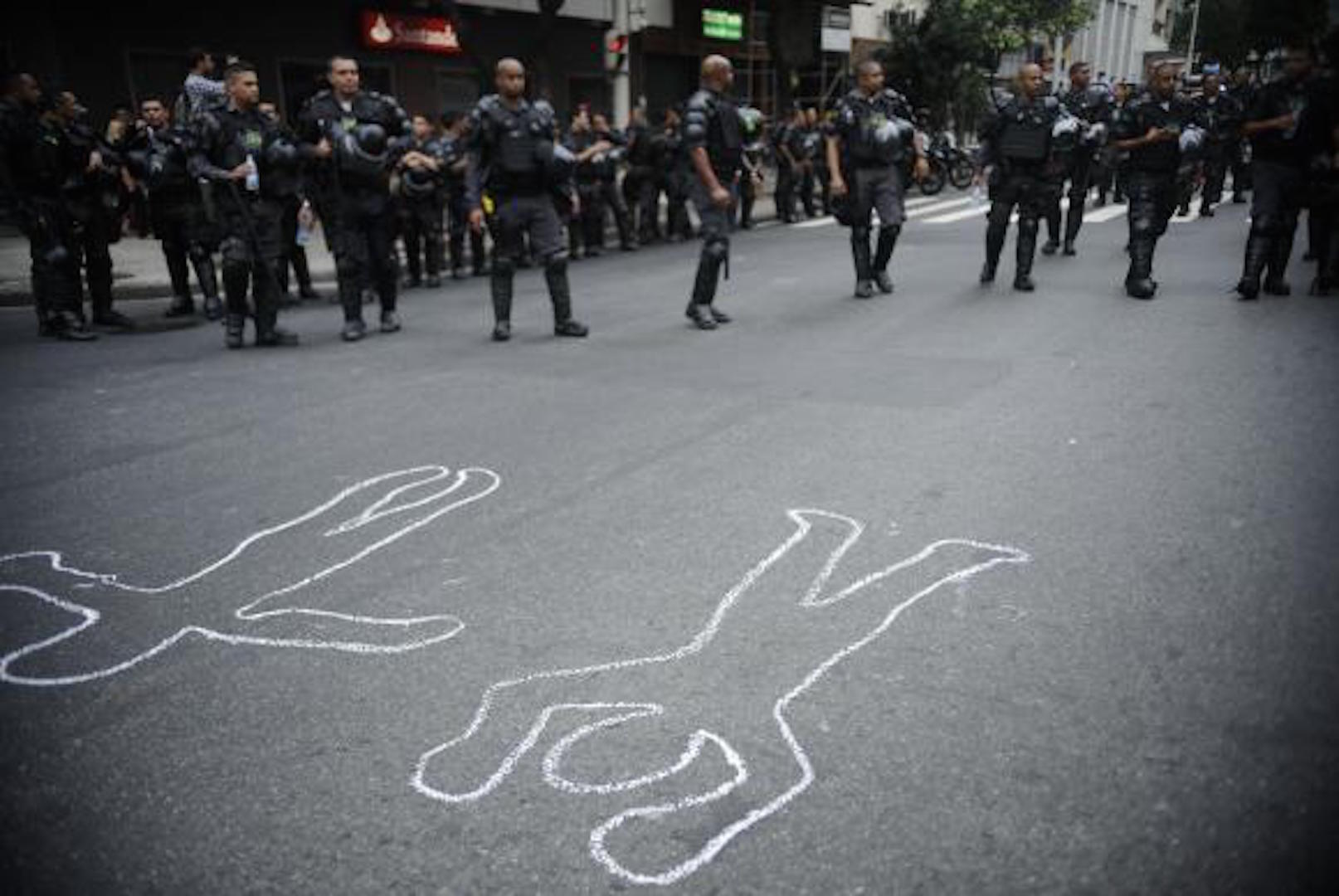By Lise Alves, Senior Contributing Reporter
SÃO PAULO, BRAZIL – The escalating violence in Brazilian states like Rio de Janeiro, São Paulo, Ceará, Pernambuco and Bahia has led researchers from these five states to announce that a new network monitor official data released by public security entities, starting June 1st.

“We are going to monitor violence, public safety and crime on a daily basis, and focus on new issues such as children and adolescents, LGBT population, violence against women, lynchings, slaughters,” researcher Silvia Ramos, coordinator of the effort, told government news agency Agencia Brasil.
Ramos works at the Center for Studies on Security and Citizenship (Cesec), in Rio de Janeiro’s Cândido Mendes University.
The center has partnered up with Bahia’s Black Initiative, the Violence Studies Laboratory at the Federal University of Ceará (UFC); the Office of Legal Advice for Grass Roots Organizations of Pernambuco and the Nucleus of Studies of Violence at the University of São Paulo (USP).
“What are these phenomena?” asks Ramos. “We want to analyze not only the numbers, but also to understand dynamics. And the observatory is a way of doing this, supported by local networks,” she said.
The network will evaluate sixteen indicators in the five states, including those related to feminicide and violence against women; racism and racial insult; violence against the LGBTQ+ population; religious intolerance; armed violence; actions and attacks by criminal groups; demonstration, strikes and protests; violence, abuse and excesses by state agents as well as violence against state agents; police corruption; the penitentiary system; and the socio-educational system.
The creation of the network was funded by the Ford and Open Society Foundations, as well as civil society NGOs.

